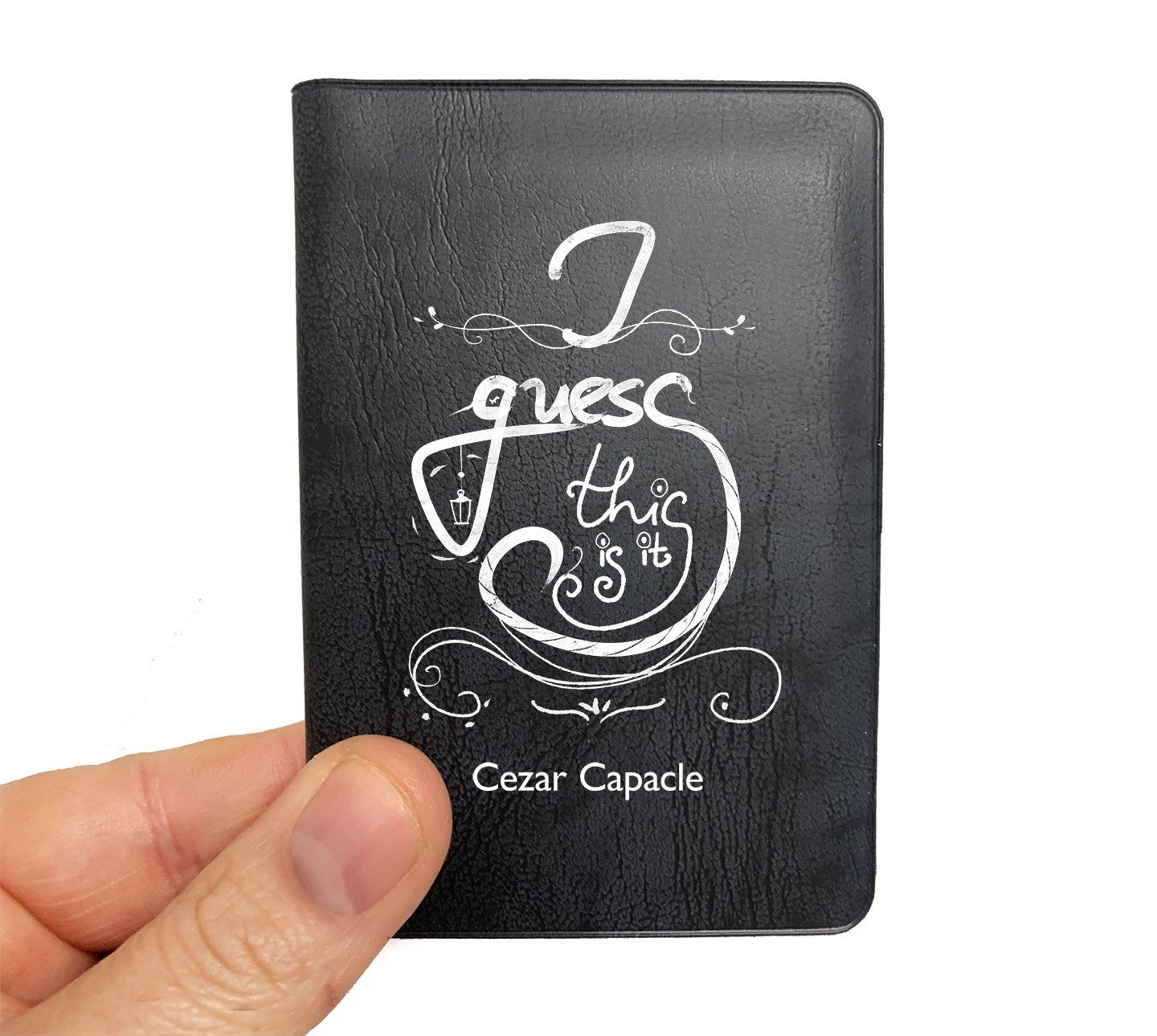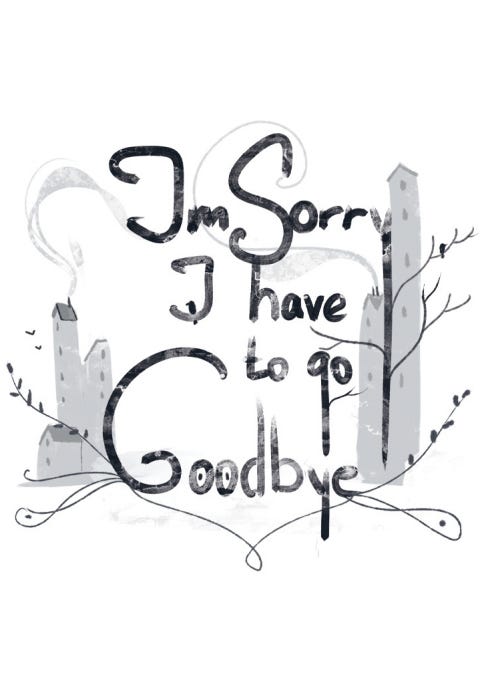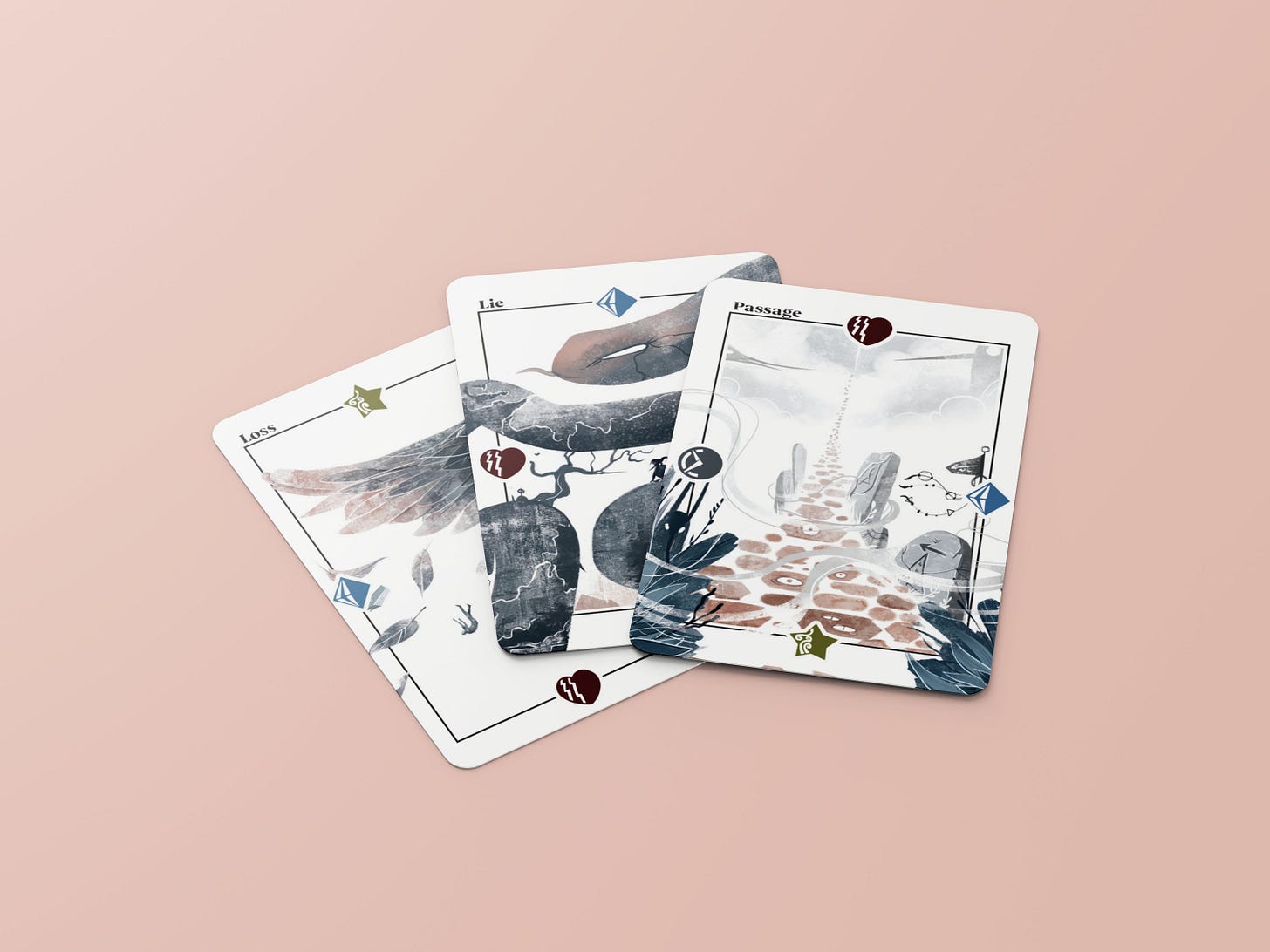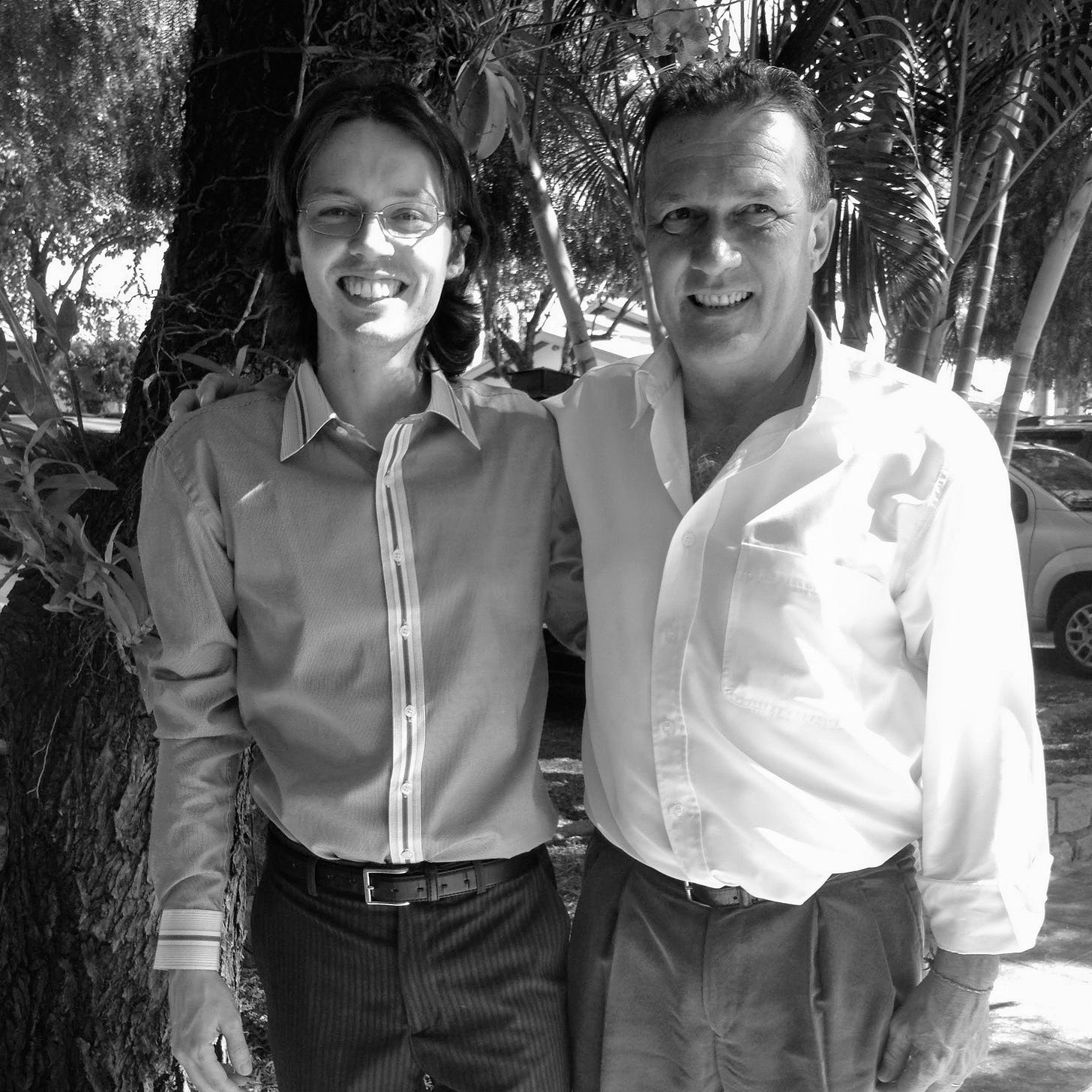CW: Death of a loved one.
“How long do you think he has, doctor?”
“It’s hard to say at this point… but I believe no more than two months.”
As I stood in the hospital corridor trying to recover the strength on my knees, my heart beating in my throat, I wondered what to do with that information. My father had only two months to live, and I was the only person in the family who knew.
The last few weeks had been hard to watch. We were near the end of a year-long battle against stomach cancer that finally had taken the best of my dad. I felt him less present each day, his eyes drifting into the distance with a pensive expression I couldn’t quite figure out.
He had never been the talkative kind, so I could only wonder what was going through his mind at that time. One day, I sat beside him holding his hand and asked, “What are you thinking about, dad?”.
“Life,” he answered, with a sigh. And there we stayed in silence.
The doctor said two months. He was gone in two weeks.
Standing next to him as he gave his last breath, I thought back on that moment. I thought of all the things we could have said to each other, but didn’t know how. I thought of the complex emotions that we experience when we know it’s probably the last chance you have to say something to someone.
There was nothing I could do now. But that feeling stayed with me for a while. For a long while.

Eighteen cards to say goodbye
Fast-forward 4 years.
I’m living away from everyone and everything I know, isolated in a tiny Italian village in the middle of a pandemic.
I missed my family and friends deeply, and followed with a heavy heart the news in Brazil about the hundreds of thousands of people losing their loved ones. I had just quit my job and knew there were people there that I'd probably never see again. Having decided to pursue a career as a game designer, I had my heart full of doubt.
Amidst all of that, I was invaded with memories of my late dad, and couldn’t help but wonder how many people were going through that last moment together—or apart, as was often the case during the pandemic.
At that time, Button Shy, a board game company specialized in wallet games, released a challenge to create an RPG using only 18 cards.
When I looked over the challenge and everything that was going on around me, I came up with just a name and a subtitle: "I guess this is it—a two-player game about saying goodbye."
I knew nothing about what I wanted from the game itself at that point, but just thinking about it made me tear up a little. I felt there was something powerful there, something that could resonate with more people.
I had no idea at the time, but finding a way to process my feelings through game design led me to create the saddest game I've ever written, one that ended up winning said challenge.
The things we left unsaid
When I finally sat down to create the game (six days before deadline, no less), I began to understand what this game was. I first wrote the pitch, that remained pretty much unchanged until the release.
Players take the role of two people once strongly connected standing before each other in the final minutes before their last goodbye. They will work together to try and say as much as they can before leaving, but being careful not to hurt each other's feelings.
The mechanics aim to emulate the emotions of the moment, in which there's so much you want to say before they go, but you also don't want to make the other person feel guilty or neglected. You know time won't be enough and there will be things left unsaid. How do you make the most of this last instant together?
I expanded this final goodbye to different types of relationship (friends, family, lovers, partners) and different reasons to say goodbye (duty, destiny, disagreement, etc.) that players choose before starting the game.
The challenge stated that the game should provide both interesting role-play and card-play experiences. So it made sense to me that I could represent this bitter-sweet dialogue through the cards interlocking.
But what do people say in those moments? What do they feel they need to share right before saying goodbye?
I ended up with four categories: Memories, Wishes, Apologies, and Recognitions. Each card provides you with a prompt, and the four symbols around it represent the above categories.
You connect your card to the one previously played through an edge with the same symbol, in a domino-like mechanic. Then you narrate what you say, using the prompt and the category given by the connected symbol.
Those symbols also have mechanical effects. So you might play an extra card, receive or pass a card to your partner, and so on. Together, you're trying to keep the number of cards in your hands as low as possible (representing that you get to say what you wanted), and as equal as possible (so that no one monopolizes the conversation).
The orientation of the cards also has implications. If the connected edges are of the same length, the conversation is going well. If not, you're holding back, beating around the bush, and wasting time.
The time is represented by the Goodbye pile. It advances, "eating" some of the cards on the grid you'd otherwise use to say what you wanted to say. When the Goodbye pile is reached, it is time to say goodbye.
There’s no more time for stories. There’s maybe time for holding hands, or holding each other one last time. The person leaving says the words on the Goodbye card out loud, then gets up and leave.
After a short break, players get back together at the table, and silently go over the cards they didn’t play.
Reveal the cards left in your hands. Those are all the things left unsaid. Look at them together one by one, and silently reflect on their meaning, on how you wish you had just a little more time together. Do not share your thoughts verbally.
They also check the Goodbye pile. Those are things they will eventually forget about each other in the coming years.
Look at them together one by one, and again silently reflect on how you will miss them. Do not share your thoughts verbally.
Eye contact is encouraged.
This is the end of the game.
A new understanding
Maybe this is very particular to the way my mind works, but in a way, the rigid structure of game mechanics often offers me the chance to codify a phenomenon, or digest an event or a feeling.
By defining parameters and taking apart this experience into its tiny bits, I had the opportunity of having a new perspective on what was going on in my life. There will always be things left unsaid, regrets and pain. Sometimes I close my eyes and I fear that I won’t be able to remember my father’s face. But there are moments I burst into laughter, remembering some silly thing he said more than thirty years ago.
It’s just how life works. And it is how this game works. And that is how I made peace with my dad’s departure.
I realize it is not an experience that everyone seeks when creating or playing a game, but no game is, really. I just hoped it could offer some form of comfort and insight, as it did for me at the time.
When I finished the game and submitted it, I genuinely never expected it would end up winning the challenge. For a first RPG in their line of products, I bet they'd choose something more... I don't know, palatable? But the amazing folks at Button Shy saw something in this game.
And not only them.
The game was then crowdfunded, and 1,527 other people somehow related to those 18 humble, carefully crafted cards and the stories that could be told with them. And for that, I’m grateful.
This one is for you, dad. For the things we left unsaid.









I've never had, or expected to have, the description of a game move me to tears. But today was the day for that first.
I'm very sorry for your loss, and thank you for sharing. It's beautiful that you found healing through creating something that would also connect with others and maybe help them find the same. It's the pinnacle of what any creator can strive for - connection, mending, and a deeper understanding of a fundamental part of this existence we're all working through.
This is one of the more beautiful things I've read about tabletop game design.